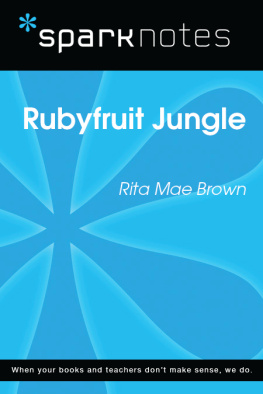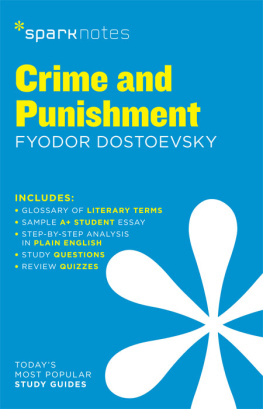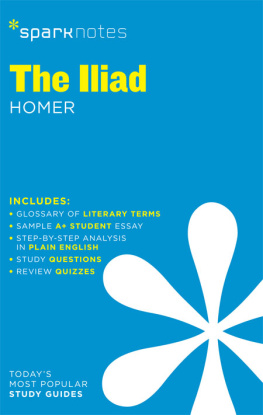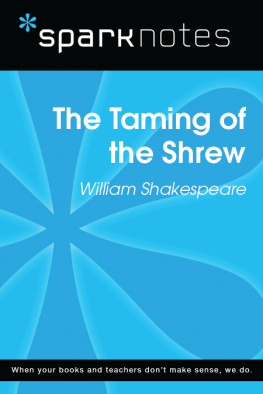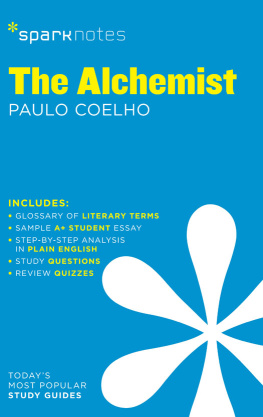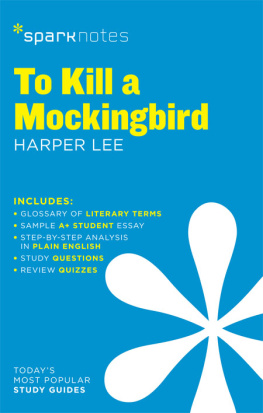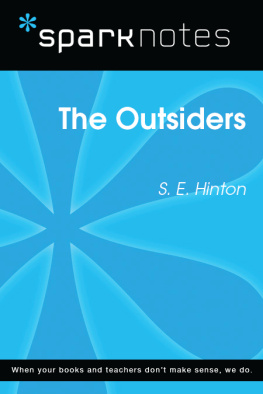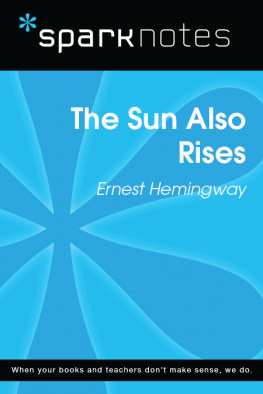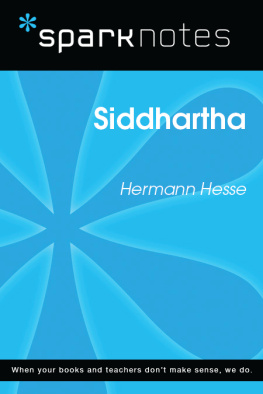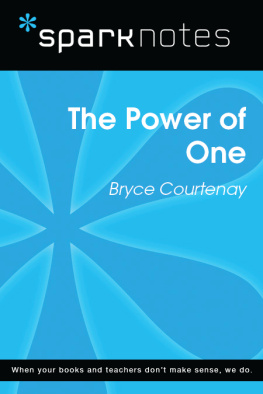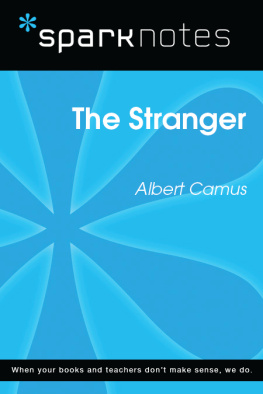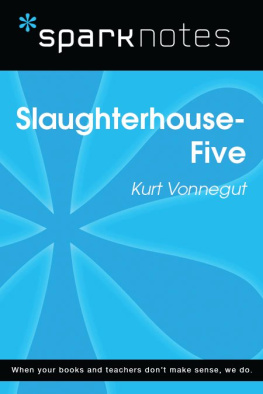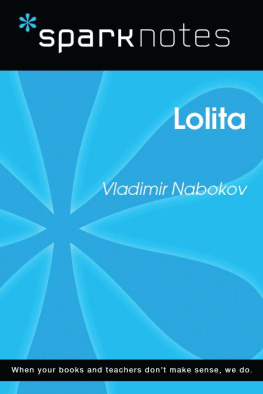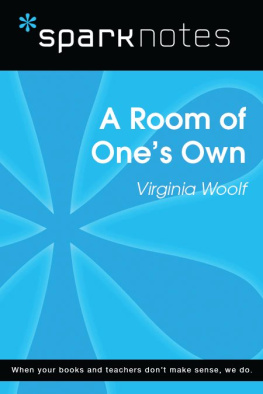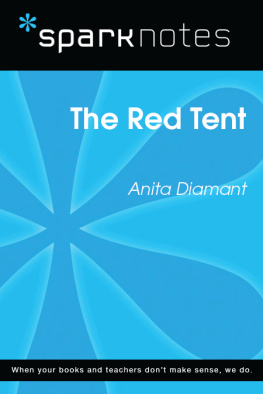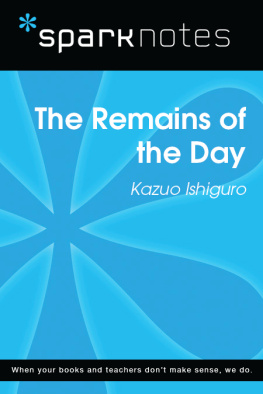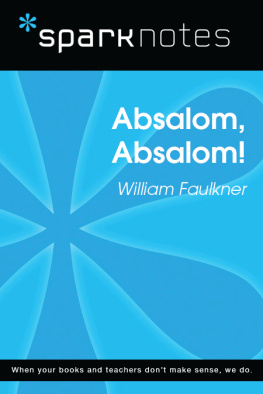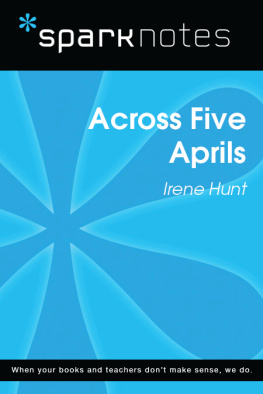Rubyfruit Jungle
Rita Mae Brown
2003, 2007 by Spark Publishing
This Spark Publishing edition 2014 by SparkNotes LLC, an Affiliate of Barnes & Noble
All rights reserved. No part of this publication may be reproduced, stored in a retrieval system, or transmitted in any form or by any means (including electronic, mechanical, photocopying, recording, or otherwise) without prior written permission from the publisher.
Sparknotes is a registered trademark of SparkNotes LLC
Spark Publishing
A Division of Barnes & Noble
120 Fifth Avenue
New York, NY 10011
www.sparknotes.com /
ISBN-13: 978-1-4114-7744-5
Please submit changes or report errors to www.sparknotes.com.
10 9 8 7 6 5 4 3 2 1
Context
Rubyfruit Jungle, a story of a woman who comes of age as a lesbian and aspiring artist in the mid-twentieth century, is very much a book of its time. Author Rita Mae Brown grew up in the segregated South of the 1950s and 1960s, and she experienced firsthand the prejudice that sought to prevent her and others from attaining personal and professional freedom. Like Rubyfruit Jungles protagonist and narrator, Molly Bolt, Brown is a lesbian who was born in southern Pennsylvania and moved to Florida during her adolescence. Indeed, Molly is in many ways the fictional version of Brown, and she shares several details of Browns own life. Both Brown and Molly were adopted as infants and taunted as bastard children in their early childhood. Both were attractive, intelligent, and athletic teenagers who saw their beloved adoptive fathers die while in high school. Both were forced to leave the University of Florida after their scholarships were revoked, in part because they were lesbians. And both hitchhiked to New York City, where they were forced to share an abandoned car with a gay black man before finding work at a publishing company and attending New York University.
When Brown was in her twenties in the late 1960s, she became politically active, and her experience during this time plays a large role in the lesbian and feminist tracts of the novel. Brown formed the Student Homophile League while attending NYU and served as the administrative coordinator for the National Organization for Womens main office. However, she soon became disenchanted with feminist groups because she felt they were not accepting of her lesbianism. She turned to the radical Gay Liberation Front but quickly became disheartened by its disregard for political awareness and its latent sexism. Browns frustration during this period surfaces in Rubyfruit Jungle, when Molly discovers that several subcultures within the gay and feminist community in New York exist and frequently clash.
Brown continued to be involved in politics through the 1970s, publishing numerous essays for feminist journals that advocated radical grass-roots social change. But though she infused Rubyfruit Jungle with much of what she learned about feminist social criticism, Brown ultimately decided her fiction should concern itself principally with the personal. To Brown, politics and activism were the province of essayists and academicsnovels were different, requiring a sustained focus on the individual lives that society affects. At heart, Rubyfruit Jungle is a book about one womans quest for personal fulfillment, facing the obstacles that come from being a female in a mans world, a lesbian in a fervidly heterosexual world, a budding artist with a story to tell, and an individual who longs to be accepted for herself.
As a prose stylist, Brown draws on a variety of literary traditions to enrich Mollys journey through life. Like Mark Twain, Browns literary hero and obvious forebear, Brown makes use of the humorist tradition to satirize society from the margins. Browns writing also resembles Twains in its identification with the South and southern values, including the importance of roots, honest labor, and hard work; a deep reverence for the land as a source of life; a strong sense of individualism; and a personal code of honor. These values are apparent in Mollys father, Carl, whom Brown portrays with respect and love. The work of both Brown and Twain falls into the picaresque genre, which uses the story of a roguish individual who travels through society as a way to criticize that society. Like Mollys story, picaresque novels are structured around a loosely organized series of episodes featuring the hero that tell something either about the hero or about the society in which he or she lives. Rubyfruit Jungle is also a bildungsroman, a novel that charts a protagonists coming of age in society. In Mollys case, however, the bildungsroman does not apply completely, because Molly ultimately resists integrating into society in favor of living in defiance of it.
Rubyfruit Jungle was initially rejected by several major publishers because its subject matter was thought too controversial for mass market appeal. However, in 1973, a small, independent, feminist publishing house called Daughters Press agreed to print it. Over the next four years, it sold an astonishing 70,000 copies and was bought and reprinted by Bantam Publishing in 1977. The novel began to receive wide critical praise, and Brown decided to use the proceeds from her deal with Bantam to launch a full-time writing career. Since then, Brown has published a great number of books and has written for television and film, listing among her credits such diverse works as The Long Hot Summer and Slumber Party Massacre, though none of her fiction has garnered the accolades that her first novel did. Rubyfruit Jungle continues to sell today, reflecting the growing acceptance of lesbian subject matter in America, as well as the strides made toward gender equality.
Plot Overview
Molly Bolt first learns she is a bastard when she is seven years old, living with her adoptive parents in poor, rural Coffee Hollow, Pennsylvania. A sharp child, she devises a moneymaking scheme one day after finding out that her friend Broccoli Detwiler has an odd-looking penis. Molly charges a nickel to look at Broccolis penis and a dime to touch it. The business thrives among Mollys schoolmates until Earl Stambach, another classmate, tattles on her to their teacher, Miss Martin. Miss Martin tells Carrie, Mollys adoptive mother, who explodes with rage when Molly comes home from school. Among insults and rebukes, Carrie tells Molly she is a bastard, the daughter of a slut named Ruby Drollinger.
Molly spends much of her early childhood playing with her slow-witted cousin, Leroy. Together, they work on the family farm, picking bugs from the potato patch and devising schemes to torment Earl. Even at this point in her life, Molly knows she is different from others. She is dark-featured, whereas others are fair, and she is more intelligent and athletic. Carrie urges her to be more ladylike, but Molly runs around with the boys, feeling unrestricted by the conventional rules of gender that dictate she should like playing with dolls or playing nurse.
Shortly after the incident with Broccoli, Leroys mother, Jenna, has a baby and names him after Mollys kind adoptive father, Carl. The baby dies after only two days, however, and Jenna dies a few weeks later of cancer. Shed known about the cancer for a while but kept it secret from her husband, Ep, because she knew the family couldnt afford a doctor. The night of Jennas funeral, Molly wants to sleep next to Leroy to comfort him, but Carrie tells her that boys and girls arent allowed to sleep with each other.
In sixth grade, Molly develops a crush on a female classmate named Leota B. Bisland. They become friends, and through Mollys urging, they begin to kiss in the woods after school every day. When Molly finds out her family is moving to Florida to look for work, she and Leota make love before separating.

